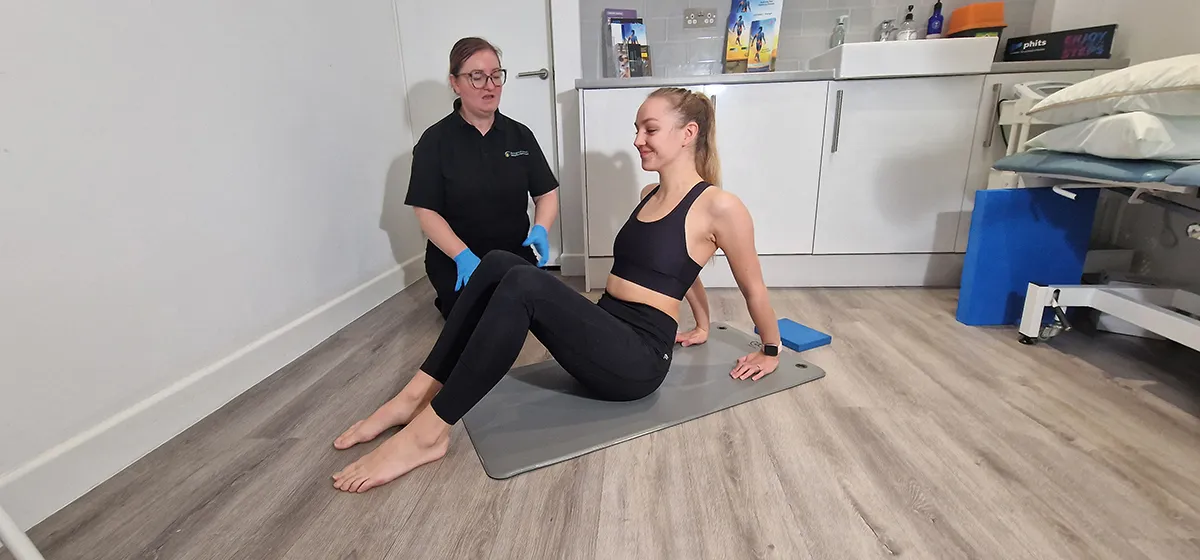Sciatica

Sciatica
Sciatica is a condition that occurs when the sciatic nerve, which is the largest nerve in the body, becomes irritated or compressed. This nerve runs from the lower back down to the legs, and when it is affected, it can cause intense pain, tingling sensations, and numbness along its pathway. The most common cause of sciatica is a herniated disc in the lumbar spine, although other factors such as spinal stenosis or muscle imbalances can also contribute to its development as well as the piriformis muscle.
Symptoms of Sciatica
Sciatica often manifests in various symptoms, which can significantly impact a person’s daily life. Here are some common signs and symptoms of sciatica:
- Pain: The hallmark symptom of sciatica is a sharp, shooting pain that radiates from the lower back down to the buttocks and legs. This pain can be particularly intense and may worsen with movement, prolonged sitting, or coughing/sneezing.
- Numbness and Tingling: People with sciatica may experience numbness and tingling sensations in the affected leg. This can range from a mild tingling feeling to complete numbness, making it difficult to move or perform regular activities.
- Muscle Weakness: Sciatica can lead to muscle weakness, especially in the leg that is affected. The weakened muscles may make it challenging to walk, stand for long periods, or even properly support the body’s weight.
- Limited Range of Motion: Due to pain and muscle weakness, individuals with sciatica may experience a limited range of motion. Simple tasks like bending over, lifting objects, or twisting the body can become painful and restricted.

How can Physiotherapy Help?
Physiotherapy plays a crucial role in the management and treatment of sciatica. With a comprehensive approach, physiotherapists employ various techniques and exercises to provide relief and improve the overall condition of patients suffering from sciatica helping them improve the overall recovery times.
At our clinic, after the initial assessment to rule out other possible conditions or further investigations, our experienced physiotherapists will tailor your treatment to your specific needs. A Chartered Physiotherapist has an extensive tool-box of methods to utilise such as hands-on techniques (manual therapy), ultrasound, acupuncture (needle, laser or electric) and strapping/taping.
Alongside the above treatments, a progressive strengthening/stretching program will be prescribed to help improve strength and reduce muscle tightness as well as overall conditioning and function. The above factors are crucial to every patient’s recovery and in avoiding recurrence of your condition.